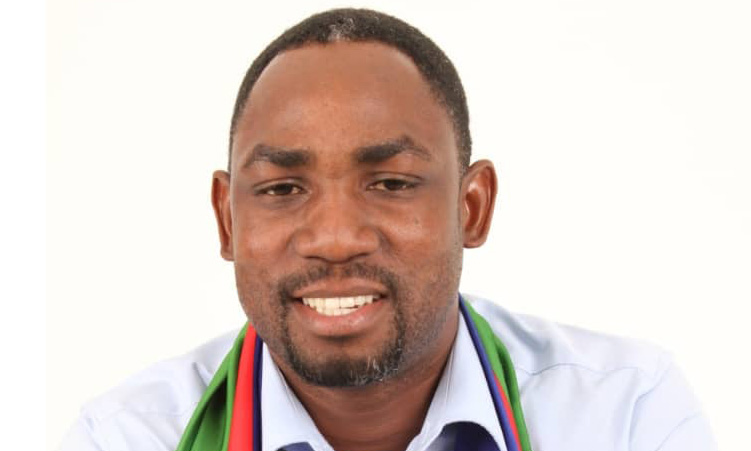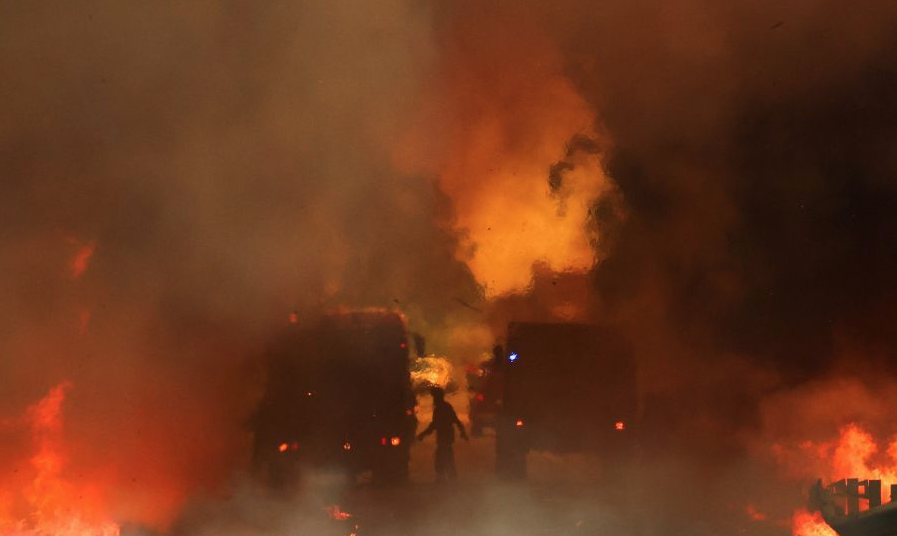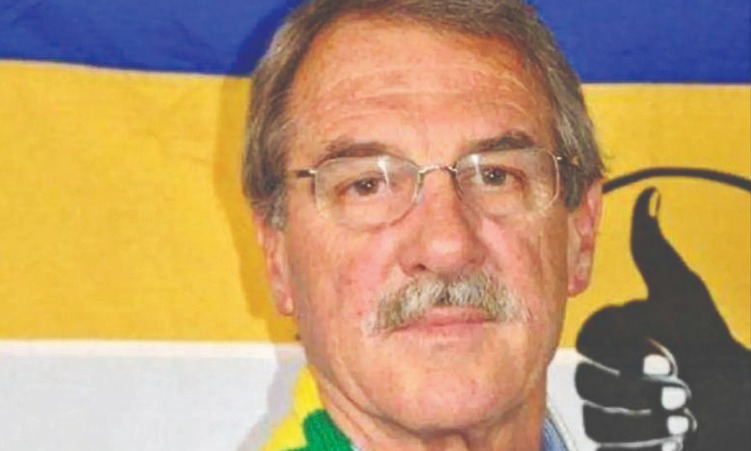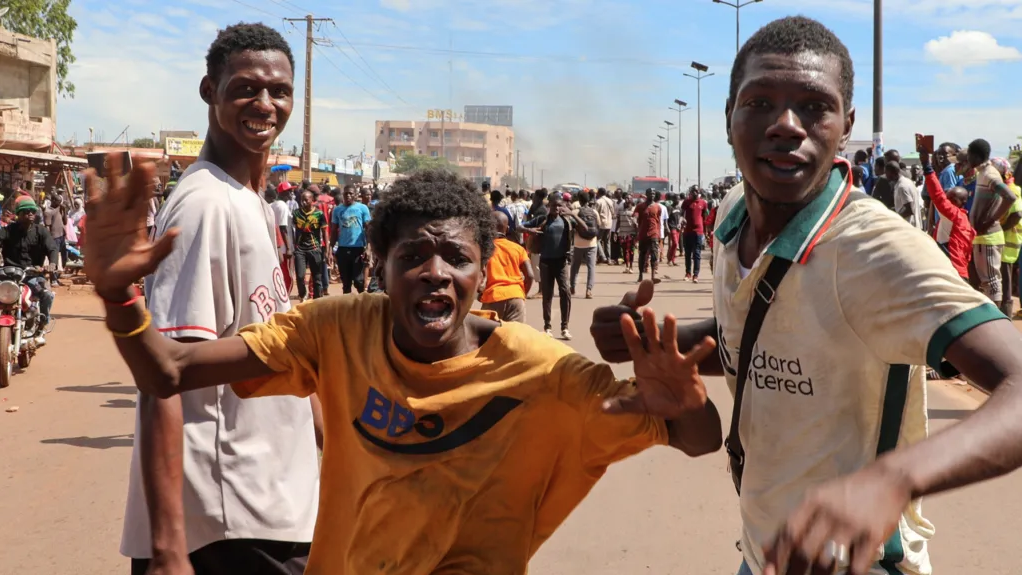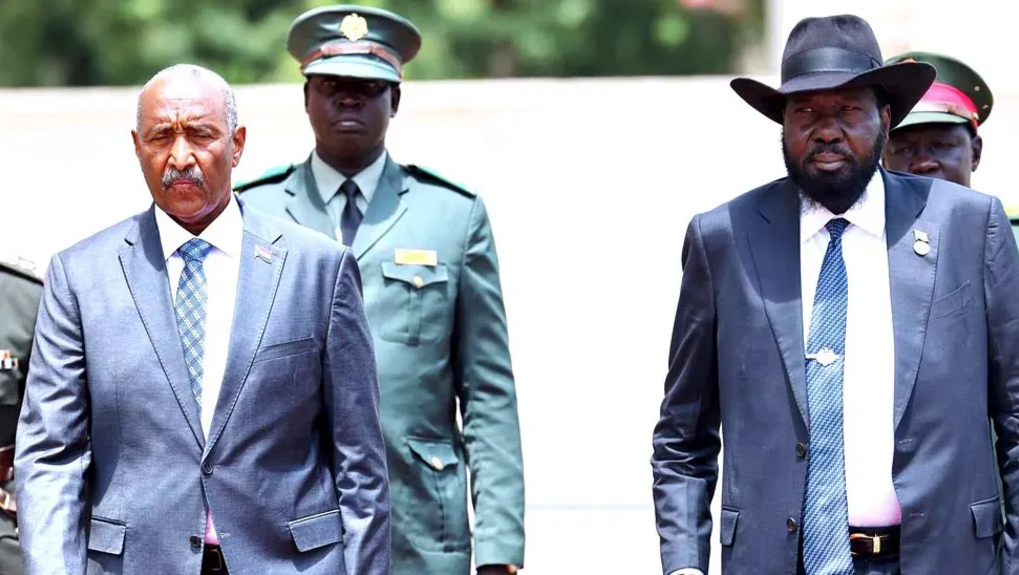Russia and Namibia have had diplomatic relations since Namibia gained independence from South Africa in 1990.
Over the years, the relationship between the two countries has been characterised by cooperation in various fields, including politics, economics, defence, education, the medical sector, energy, oil and the gas sector, etc.
Namibia has an embassy in Moscow and Russia has an embassy in Windhoek.
The Soviet Union gave significant amounts of aid to the People’s Liberation Army of Namibia (Plan) during the Namibian war of independence.
Many leaders of the Swapo movement in Namibia received guerrilla training in the Soviet Union, and with the end of South Africa’s unpopular apartheid rule in Namibia in 1990, the Soviet Union and its successor state Russia established diplomatic relations with the country.
Russia and Namibia have maintained a relatively cordial political relationship. They have engaged in diplomatic dialogue and have supported each other’s positions on certain international issues within the framework of multilateral forums, such as the United Nations.
Namibia has expressed its appreciation for Russia’s historical support during its struggle for independence, with the two nations having been involved in various trade and investment activities.
Russian companies have shown interest in Namibia’s natural resources, including the mining and energy sectors.
Moreover, Russian investments in Namibia have contributed to infrastructure development and trade ties between the two nations.
In June 2009, during a four-day tour to five African countries, Dmitry Medvedev became the first Russian head of state to visit Namibia.
Medvedev was accompanied by a delegation of around 400 Russian businessmen, including the heads of Gazprom and Alrosa. The visit included signing a number of energy-related agreements.
Russia drastically increased the bilateral aid it gives to Namibia, from US$90 000 in 2012 to US$1,5 million in 2017.
Defence cooperation between Russia and Namibia has also been present, with some military and technical assistance provided by Russia to the Namibian armed forces. This cooperation has involved training, equipment supply, and military exercises.
In 2022, Namibia made exports to the tune of US$2,91 million to Russia.
During the last 20 years, the exports of Russia to Namibia have increased at an annual rate of 5,81%, from US$10,8 million in 2000 to US$33,5 million in 2020.
In this period, products such as fish, crustaceans, molluscs, and aquatic invertebrates were exported.
In the last few years, Russia has decided to stake its position as a major and strategic partner to African nations, by hosting a timely Russian-African summit.
The last summit, held in the resort city of Sochi in Russia and hosted by president Vladimir Putin, had over 40 presidents and African heads of state in attendance.
The international summit, which took place in October 2019, served as a platform for Russian and African leaders to engage in dialogue, discuss bilateral and multilateral issues, and explore opportunities for cooperation.
It covered a wide range of topics, including trade, investment, infrastructure development, energy, security, healthcare, and education.
THE NOW 2023 RA SUMMIT
One major area that will be discussed in the upcoming second Russia-Africa summit is the partnership in essential infrastructure, such as industrial, transportation, housing, oil and gas, etc.
These are key areas where African countries can seek foreign investments.
If Russia pledges support for infrastructural development projects in Africa, it will help boost economic growth and improve connectivity within the continent.
This, in turn, could have spillover effects on global trade and regional integration. It is as well expected that this summit would provide an opportunity for Russia to deepen its diplomatic relationships with African countries.
It should result in the signing of more joint agreements, enhancing a stronger political cooperation between Russia and African nations.
Although the African continent is rich in mineral resources, it lacks the essential technology to provide its basic energy needs or compete in the global market.
Energy cooperation between Russia and African nations will result in increased energy exports from Africa, contributing to global energy security and diversification
In recent times, new initiatives have being designed to foster healthy cooperation, such as the Brazil, Russia, India, China and South Africa (Brics) alliance, that has recently received a wide wave of interest from several African nations.
The second Russia-Africa summit started yesterday and continues today and will be taking place in the former capital city of the Russian Federation, St. Petersburg, and its main essence is to foster and strengthen bilateral relationships between Russia and the continent.
Note that the actual impact of a second Russia-Africa summit would depend on the commitments made and actions taken by participating countries following the event.
The outcomes could contribute to shaping Russia’s relationship with Africa and have broader implications on global political and economic dynamics.
*Hofni Iipinge is a Swapo central committee and politburo member
Stay informed with The Namibian – your source for credible journalism. Get in-depth reporting and opinions for
only N$85 a month. Invest in journalism, invest in democracy –
Subscribe Now!


